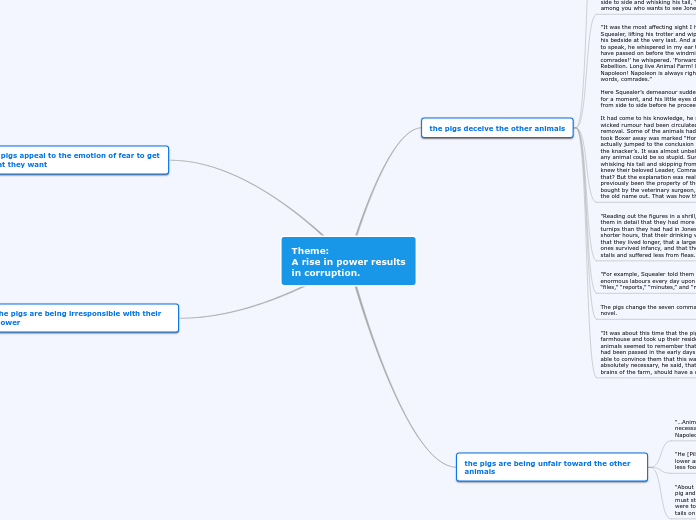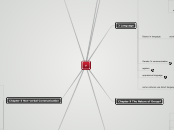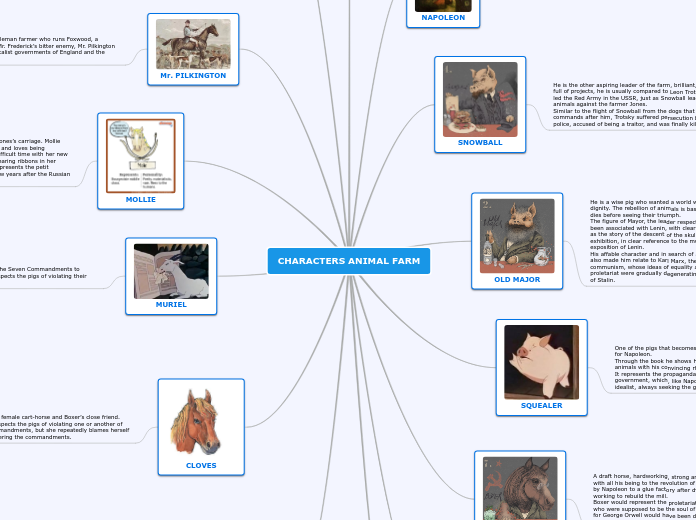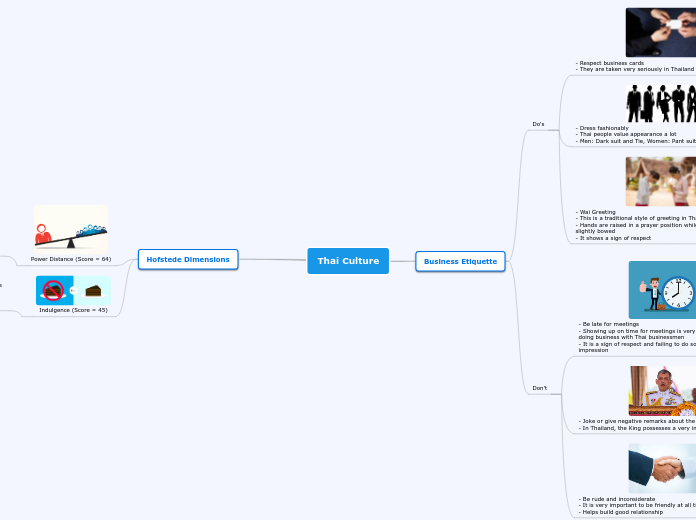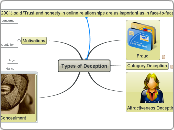jonka Chris Flores 5 vuotta sitten
444
Theme: A rise in power results in corruption.
The narrative illustrates the corrupting influence of power through the behavior of the pigs, who initially rise to leadership but gradually become irresponsible and deceitful. They indulge in luxuries like whisky obtained through dubious means, showcasing their moral decline.
